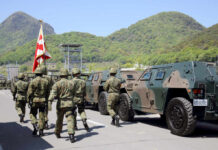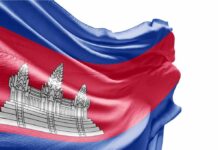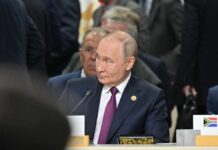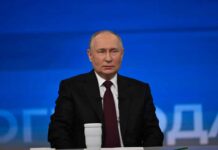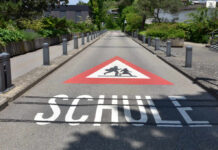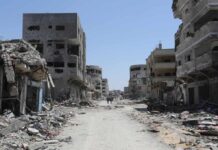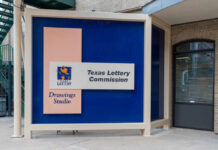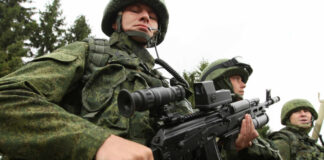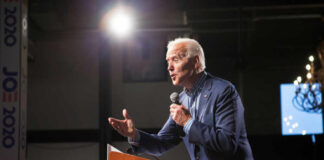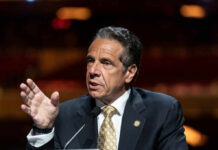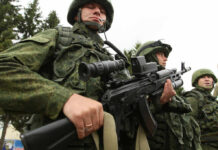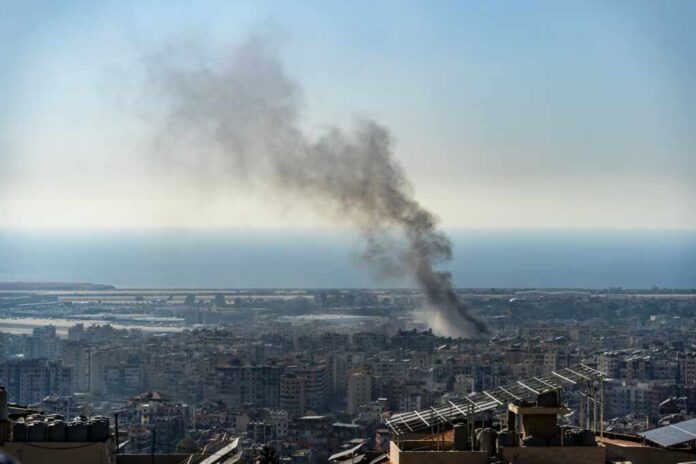
As Israeli airstrikes intensify in southern Lebanon, Lebanese Prime Minister Nawaf Salam urgently calls for international intervention to avert escalating violence.
At a Glance
- The Lebanese Prime Minister condemns Israeli strikes, calls for international mediation.
- Airstrikes have targeted multiple locations, including alleged Hezbollah sites.
- Increased tensions around southern Lebanon ahead of municipal elections.
- A ceasefire agreement’s fragility raised concerns of regional instability.
Lebanese Leadership Responds
Lebanese Prime Minister Nawaf Salam has publicly criticized the surge in Israeli military action across southern Lebanon. He condemned the escalation as a significant threat to peace and stability in the region. In response, Salam urged international bodies to press Israel to comply with a ceasefire agreement constructed with Hezbollah. Despite the attacks, Salam reaffirmed the government’s commitment to holding elections and ensuring security, asserting the state’s resilience in the face of aggression.
The timing of these aggressive maneuvers coincides with the impending municipal elections, anticipated to be dominated by Hezbollah and its allies. This situation has raised severe concerns for the safety of voters in various border towns. With Hezbollah’s dominance expected at the upcoming polls, security measures have been a focal point amid the crisis.
Increased Conflict and Ceasefire Fragility
The conflict has exacerbated as Israeli airstrikes have targeted multiple sites in southern Lebanon. Notably, the Israeli military focused on a building in Toul in the Nabatieh governorate, initially warning residents to evacuate due to its alleged use by Hezbollah. Reports from Lebanon detailed further bombardments in Soujod, Touline, Sawanna, and Rihan Mountain, underscoring the uptick in military action.
“Prime Minister Salam stresses that these violations will not thwart the state’s commitment to holding the elections and protecting Lebanon and the Lebanese” – Lebanese Prime Minister Nawaf Salam.
The November ceasefire agreement outlined stipulations for both Hezbollah and Israeli military forces, mandating Hezbollah to relocate north of the Litani River while calling for Israeli withdrawal from southern Lebanon. However, Israel’s continued presence for strategic purposes has led to rising tensions, challenging the initial ceasefire terms.
Global Reaction and Lebanese Appeals
In his appeal to global leaders, Lebanese Prime Minister Salam emphasized the urgency of coordinated international efforts to stabilize the volatile region. He called for diplomatic mediation, highlighting the necessity to protect Lebanese civilians and infrastructure, which have been severely impacted by the ongoing bombardments. The Lebanese Prime Minister also emphasized Lebanon’s sovereignty and a strong commitment to peace through diplomatic avenues.
“Israel will not allow any harm to its citizens and sovereignty.” – Israeli prime minister’s office.
The United Nations Interim Force in Lebanon (UNIFIL) has also voiced significant concerns regarding the possibility of escalating violence, echoing the broader international community’s fears of further destabilization. As the calls for international involvement grow louder, the path forward for peace remains fraught with complexity and challenges.



